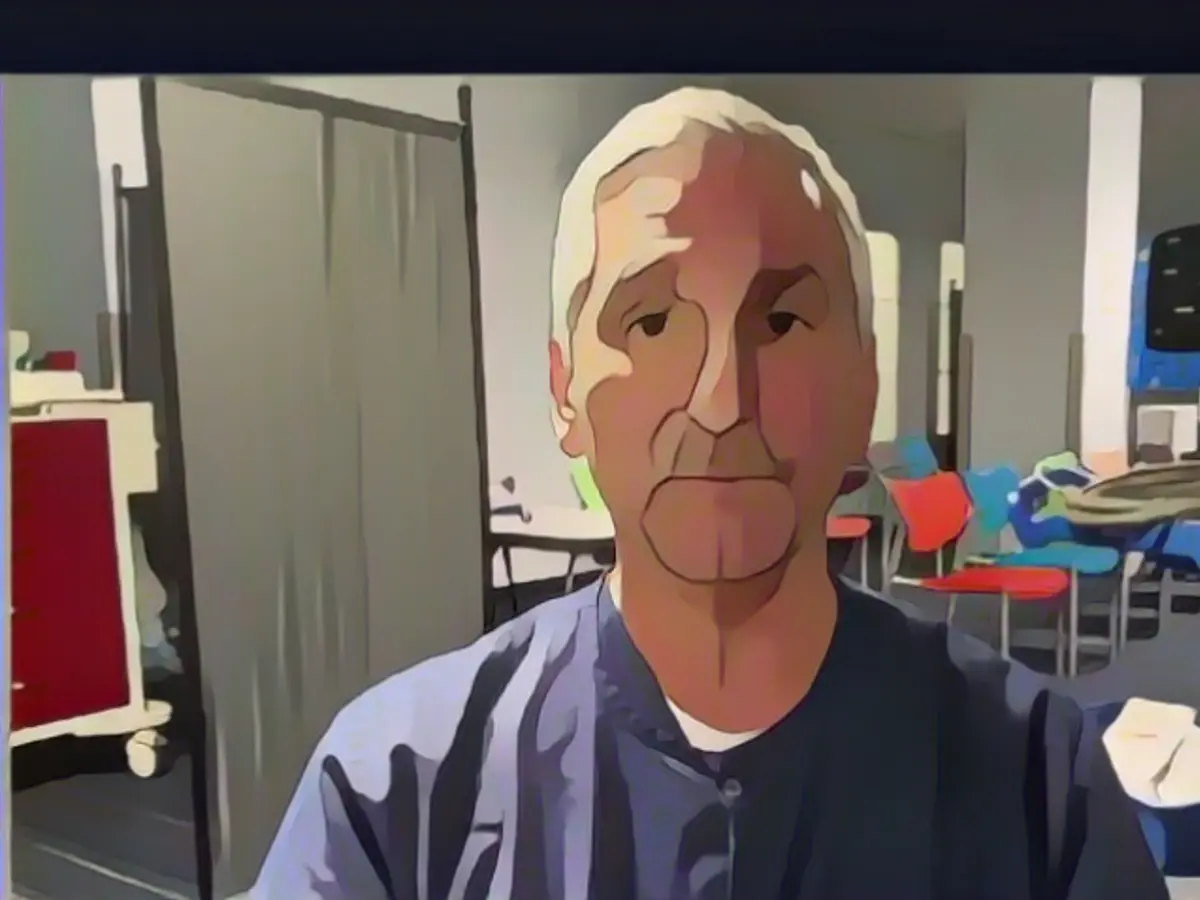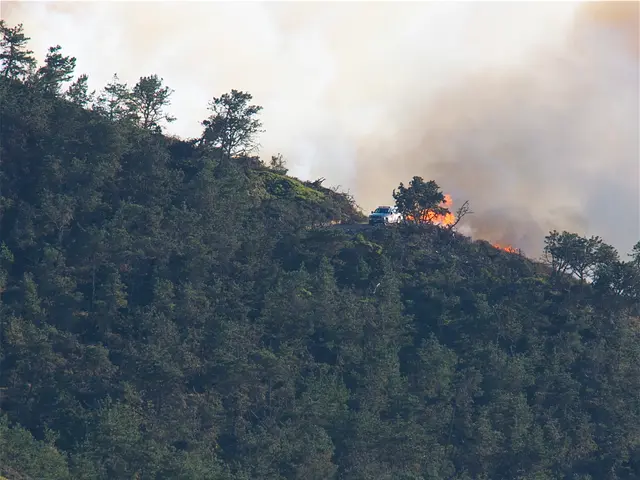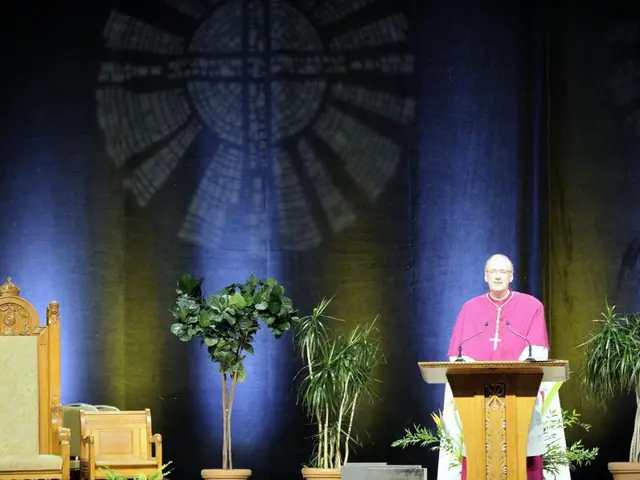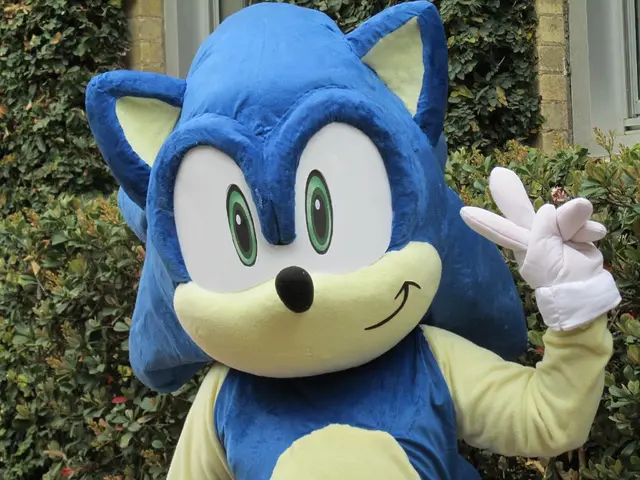Some researchers are excited about the prospects of late-stage RSV vaccine trials, particularly those from Pfizer.
In a corporate-backed study on adults aged 60 and over, results published Wednesday in the New England Journal of Medicine showed that the Pfizer vaccine effectively prevented RSV-related lower respiratory tract infections, including acute bronchitis and pneumonia, without raising any safety concerns.
Similarly, a different corporate study, published Wednesday in the same journal, found that a late-pregnancy RSV vaccine was effective in preventing severe lower RSV infections, such as pneumonia and bronchiolitis in newborns. No safety issues were detected.
Pfizer has filed for FDA approval of its RSV vaccine for older adults.
In a separate filing, Pfizer is seeking FDA approval for its RSV vaccine to protect pregnant women, stating that it expects a decision in August.
The FDA is also considering monoclonal antibody treatments to protect children under 2 years old from RSV.
Advisors to the FDA recommended approval of Pfizer and GSK's RSV vaccine for adults aged 60 and over in March.
If the FDA commissioners agree with the advisory committee, the vaccines could be the first globally.
Why an RSV vaccine is needed
RSV is prevalent worldwide, with the Centers for Disease Control and Prevention estimating that most children will contract the highly contagious respiratory virus by age 2.
While RSV is usually mild for most people, it can be severe enough in certain groups, such as infants and older adults, to require hospitalization or even death.
"When I started my specialty residency over 30 years ago, the RSV season was a truly terrifying event for us in the pediatric ward," said Dr. Claudia Hoyen, head of pediatric infection control at Rainbow Babies and Children's Hospital in Cleveland, who was not involved in the study.
She explained that healthcare providers struggle to save babies who are already in neonatal intensive care due to other health issues, but during the RSV season, many babies die.
"It's just heart-breaking," she said.
Monoclonal antibodies have helped many RSV survivors, but some babies still died from the virus.
According to the National Institute of Allergy and Infectious Diseases, approximately 64 million people worldwide are infected with RSV each year, and 160,000 die from it.
Last year's RSV season was particularly severe, with some children's hospitals setting up tents on their parking lots to handle the overflow of patients. But even during a typical RSV season, hospitals remain busy.
Studies show that around 34 million RSV-related lower respiratory tract infections occur in children under 5 years old annually, with about 10% requiring hospitalization. RSV is among the leading reasons why American babies are hospitalized.
Each year, thousands of older adults are also hospitalized due to RSV.
The cost of RSV is also high. Studies show that over $709.6 million is spent annually in the U.S. on treating RSV-infected infants.
Unfortunate start
There is no specific treatment for RSV. For some at-risk babies, monoclonal antibodies are available, but the injections are difficult and require parents to visit a clinic at least once a month during the RSV season. Doctors say a vaccine would be very helpful, but studies had been on hold until recently.
A catastrophic RSV vaccine trial in the 1960s saw 80% of vaccinated children subsequently hospitalized with RSV, compared with only 5% of the control group receiving a placebo.
Further trials were put on hold for years as researchers tried to determine what went wrong. Meanwhile, the U.S. government implemented more safety measures for clinical trials.
Ten years ago, a research team at the National Institutes of Health identified a crucial mechanism of the virus. Scientists can now use this knowledge to develop secure vaccines that can recognize the virus upon entry and trigger a strong immune response.
RSV vaccine race
Four companies are nearing the end of trials for RSV vaccines for older adults: Pfizer, Johnson & Johnson, Moderna, and GlaxoSmithKline.
Johnson & Johnson, through its Janssen subsidiary, has made significant strides. However, the company announced in late March that it would terminate its candidate.
Johnson & Johnson said the vaccine failed to meet its "expected standards for its pipeline and research and development investments," focusing on treatments with the most significant potential benefit for patients. This puts Bavaria Nordic, another company focusing on vaccines for seniors, in the spotlight, with results of its study expected by mid-year.
RSV vaccine data
When the independent vaccine advisors to the FDA voted in favor of recommending approval for Pfizer and GSK's RSV vaccines for adults aged 60 and over in March, the companies presented promising data.
According to a company-sponsored study published in NEJM in February, GSK's RSV vaccine for older adults was 82.6% effective in preventing lower respiratory tract infections and 94.1% effective in preventing severe lower respiratory tract infections.
For Pfizer's vaccine for adults aged 60 and over, the study showed a 66.7% effectiveness against RSV lower respiratory tract infections with two or more symptoms, and 85.7% effectiveness against RSV with three or more symptoms. However, the study did not have enough cases of severe lower respiratory tract infections related to RSV to demonstrate a reduction in the need for hospitalization or mechanical ventilation or supplemental oxygen.
One reason could be that the studies were conducted during the COVID-19 pandemic, when RSV cases were lower than usual. "The event rate is very low. Therefore, they cannot say that the hospitalization rates would be reduced, but in my opinion, all measures to prevent acute respiratory tract infections, lower respiratory tract infections, and respiratory tract infections would definitely reduce hospitalization," said Dr. Ann Falsey, who participated in the new study and works with older RSV patients, and is a professor of medicine at the University of Rochester School of Medicine.
The Pfizer vaccine is considered safe based on data from 20,000 participants.
Among the participants, one case of the Guillain-Barre syndrome, a rare neurological disorder, was reported. The case may have been aggravated by the man's heart attack the day before doctors detected the Guillain-Barre syndrome, according to company documents.
There was also one case of Miller Fisher Syndrome, another rare neurological disorder, and it's unclear whether it was related to the vaccine. The person recovered approximately 1.5 months later.
In a discussion about vaccines among independent vaccine advisors to the FDA, Dr. Haneel Saheli, chair of the committee and a virologist at Baylor College of Medicine, said the two cases suggest an incidence rate of about one in 9,000 people, which is much higher than the rate in the general population.
A participant in the GSK study also developed Guillain-Barre Syndrome nine days after receiving the vaccine and recovered six months later. The FDA considers it possible that the case may be related to the vaccine.
Doctors say it's essential to monitor the safety of vaccines after they are approved.
RSV vaccine for infants
Preliminary results from Pfizer's baby RSV vaccine trial showed that the candidate did not meet the company's standards, likely due to lower RSV cases during the trial because of the pandemic. However, the research is ongoing.
Dr. Ruth Karron, who published an editorial on the study in NEJM on Wednesday, said, "it's worth noting that the efficacy against severe RSV-associated lower respiratory tract infections was 81.8% within 90 days and 69.4% within 180 days. That means it's not necessarily preventing infections, but it's preventing them from getting worse." It makes a difference.
Karron, a professor at the Department of International Health at the Johns Hopkins Bloomberg School of Public Health and director of the Johns Hopkins University Vaccine Initiative, was not involved in the study. It raises the possibility that this era of RSV vaccine development could mark the beginning of the end for widespread RSV outbreaks.
Another NEJM-published study on Wednesday focused on nirsevimab, a monoclonal antibody developed by AstraZeneca and Sanofi, licensed for preventing RSV infections in children under two years old in the European Union and the UK.
The companies have requested FDA approval for the use of nirsevimab to protect children under two years old.
The study showed that the treatment was effective in reducing hospital admissions due to RSV by 76.8% and non-hospital medical treatment for very severe RSV infections by 78.6%. It was also found that the treatment prevented hospital admission in term and late-preterm infants.
Dr. Hoyen believes that a combination of medications and monoclonal antibodies is necessary for protecting infants from RSV. Many pregnant women are not vaccinated; based on a CDC study from 2020, only 57-61% of pregnant women are vaccinated against influenza and pertussis.
"We're trying, but in general, we're not doing a very good job of vaccinating pregnant women," she said.








